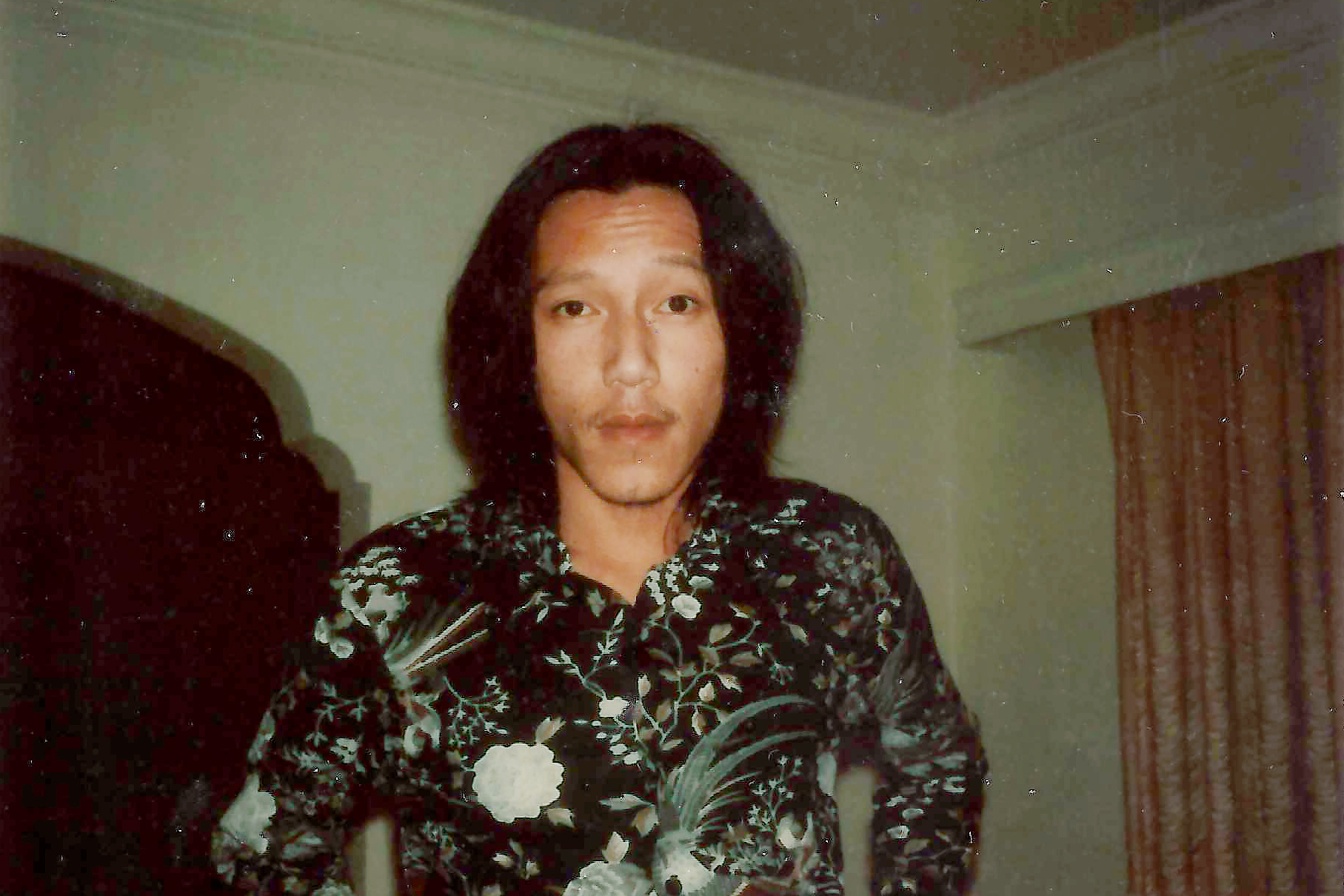Galen Yuen played minor roles in movies and occasionally wrote screenplays, although the Asian American actor—nearly forgotten today—had a darker side to his character, one that he later channeled into his art.
A member of Suey Sing, a gang that operated in San Francisco and Oakland’s Chinatowns in the late 1960s, Yuen battled drug addiction and went to jail at a very young age, according to his niece Maya Lin Sugarman, an independent journalist who has launched a seven-episode podcast on Apple Originals about her late uncle.
Sugarman said she first found out about her uncle’s past by reading part of one of his screenplays years after he died.
“I started to get a hunch that parts of [the plot] might be based on his real life,” Sugarman told The Standard.
So she began doing her own research, interviewing Yuen’s surviving friends and getting familiar with a side of her uncle that she had never known about.
Yuen was born into a Chinese immigrant family in Oakland in 1952, and as a teenager, he fell in with street gangs in an era when criminal activities ran rampant in Bay Area Chinatowns. Yuen was said to have acted as a pimp, starting fights and extorting money. Sugarman said Yuen later went to jail in the early ’70s, and the Suey Sing gang disbanded after one of its leaders was deported.
Today, it’s believed that Chinatown’s gang-related activities were largely eliminated after the high-profile arrest of Raymond “Shrimp Boy” Chow a decade ago. But the Suey Sing, Hop Sing, Hip Sing, Bing Kong and Chee Kung tongs—or brotherhoods—are still prominent and powerful associations in San Francisco Chinatown.
A Career in Hollywood
After getting out of jail, Sugarman said, Yuen did not go to college but found a job in an auto body shop while living with his mother in Oakland.
In 1985, when Yuen was watching the soap opera General Hospital, he realized that plots occasionally involved Asian Americans and organized crime, and it triggered him to pursue a new life in Hollywood.
Yuen was confident that he could be more authentic than other actors because he had done those things in real life.
“And he realized, ‘Wait, like everything I just went through, I could do that on the screen,’” Sugarman said.
So he moved to Los Angeles in 1985 and started his new career. According to IMDb, Yuen starred in more than two dozen movies and TV series, but mostly his roles were minor, such as “Low Life #1” in Arnold Schwarzenegger’s Kindergarten Cop (1990) or “Chinese Doctor #2” in Jason Statham’s Crank: High Voltage (2009).
After being pigeonholed in such token, marginalizing roles, Yuen was frustrated and started to write a screenplay, aiming to create more opportunities for himself. At that time, though, Hollywood had yet to accept Asian American storylines.
In spite of this obstacle, Yuen’s story about rival gangs, drug cartels and law enforcement later became the 1997 crime movie Crazy Six, set in Europe and starring Rob Lowe, Burt Reynolds, Ice-T and Mario Van Peebles.
Yuen was never married and had no children, Sugarman said, and he died in 2015 of a blood infection.
The seven-episode podcast, which will be available on Apple Originals on Monday, is titled Magnificent Jerk. Its origin is straightforward: Sugarman said that her uncle’s Chinese name was 偉, which means “magnificent,” but in his bad-guy past he had behaved like a jerk.
“I wanted to capture him as a complicated person,” Sugarman said. “He was a duality, and I guess we’re not all one thing.”
Editor’s Note: This story has been clarified to note that Suey Sing, the gang, operated across the Bay Area.
